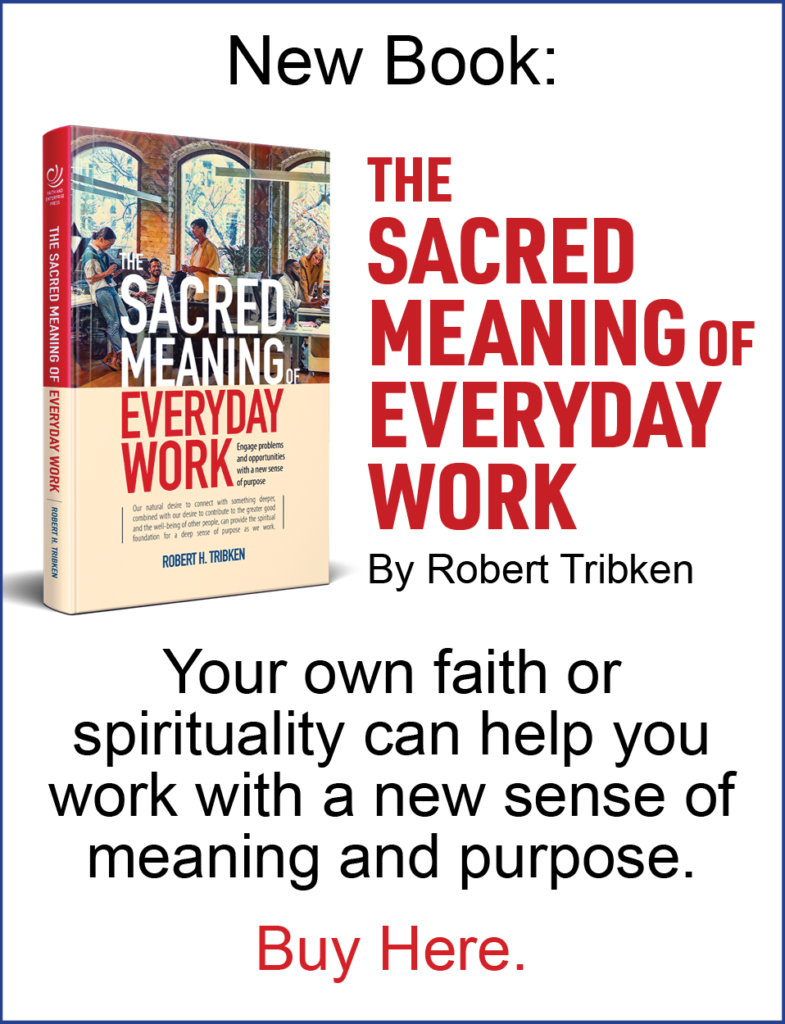
An acquaintance made a very interesting observation. He said that finding a calling has become a serious problem for many people his age (late 20’s), but not in the way that I had expected.
His contention was that there has been so much emphasis, especially among his peer group, on finding your calling, or following your passion, that the concept has become burdensome. Rather than finding a job that pays some money and seems to have a future, many people feel they are under pressure to find not only a job but a calling. This has made it more difficult for them to get on with life.
Part of the problem, of course, is that it can take a long time to find or develop a calling, as Bryan Dik and Ryan Duffy point out in their book Make Your Job a Calling: How the Psychology of Vocation Can Change Your Life at Work. This can lead to a great deal of frustration if we try to rush the process.
But I think there might be more going on here.
If finding your calling becomes a requirement for a worthwhile life, it can become burdensome. Rather than getting a job and starting to build a life, we can become preoccupied with a philosophical ideal. The idea of a calling can cease to be life-giving and exciting and become oppressive. I have argued elsewhere that for a calling to be life-giving, and I would say valid, it needs to flow from a deep, intrinsic drive to become who we are meant to be. Connecting with this intrinsic motivation requires some freedom to try things and to experiment without being unduly pressured.
When finding a calling becomes a requirement, however, it sounds like it has become driven by external social pressure; the culture or social setting has convinced us that a calling is necessary to have a valid and admirable life.
This sounds far removed from the joy and freedom we should be moving towards, contrary to the spirit of following a calling.

